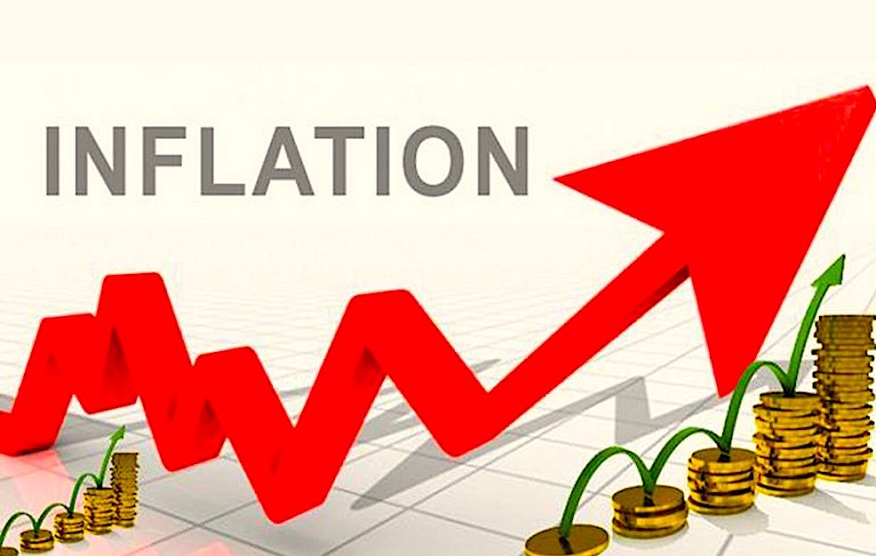Persistent deflation can augment unemployment and undermine the financial systems, and also in the broader economy, by making it extremely difficult to service debt. As Kavan Choksi says, sharp deviations from a modest inflation rate in any direction can present a challenge for both consumers and investors. After all, they have the potential for considerable economic disruption. They also have diverse and at times unpredictable impacts on distinguished asset classes.
Kavan Choksi briefly talks about the impact of inflation on diverse assets
Even though the impact of inflation on asset values and economy can be unpredictable at times, economics and history do provide some rules of thumb. Inflation is considered to be most damaging to the valuation of fixed-rate debt securities as it devalues repayments of principal and interest rate payments. Longer term fixed rate debt tends to be more vulnerable to inflation than short term debt. This is because the impact of inflation on the value of future repayments is correspondingly greater, and may compound over time.
The assets that fare the best under inflation usually are the ones assured of bringing in more cash or grow in value as inflation goes up. Examples of these include a rental property are subject to periodic increase in rent. The following points provide further insight into the impact of inflation on diverse asset values:
- Real estate: Property investments are popular as they become a more useful store of value amidst inflation while generating improved rental income. Investors may try to purchase property directly or opt to put their money in shares by purchasing shares of a specialized fund or real estate investment trust (REIT).
- Commodities: When inflation rates go up, it is common for investors to turn to certain tangible assets that are likely to go up in value. Precious metals, especially gold, is especially a popular instrument vehicle across the world whose prices goes up as inflation rises. Gold can be bought directly from a bullion dealer or indirectly by choosing to invest in a mutual fund or exchange traded fund (ETF) that owns gold. The prices of raw materials and agricultural products like oil, copper, and cotton also rises during inflation, along with the prices of finished products that are made from those commodities.
- Bonds: Choosing to invest in bonds might also be counterintuitive as inflation often harmful to fixed-rate debt. But this problem is not prevalent when it comes to inflation-indexed bonds that provide a variable interest rate tied to the inflation rate. Treasury Inflation-Protected Securities (TIPS) are a popular investment option in the United States, pegged to the Consumer Price Index. The value of a TIPS investment goes up with the rise in CPI. Not only does the base value rises but the amount of the interest payments also goes up as the base value improves since the interest paid is based on the base value.
As Kavan Choksi says, while stocks do have a reasonable chance of keeping pace with inflation, not all equities perform in a similar manner. For instance, high dividend paying stocks are likely to get hammered like fixed rate bonds in inflationary times. Investors must try to focus on businesses that may pass their rising input costs to customers, such as companies that sell consumer staples.








